Faculty Life
Conflict Management & Healthy Boundaries — New Skills for Psychology‑Interested Students
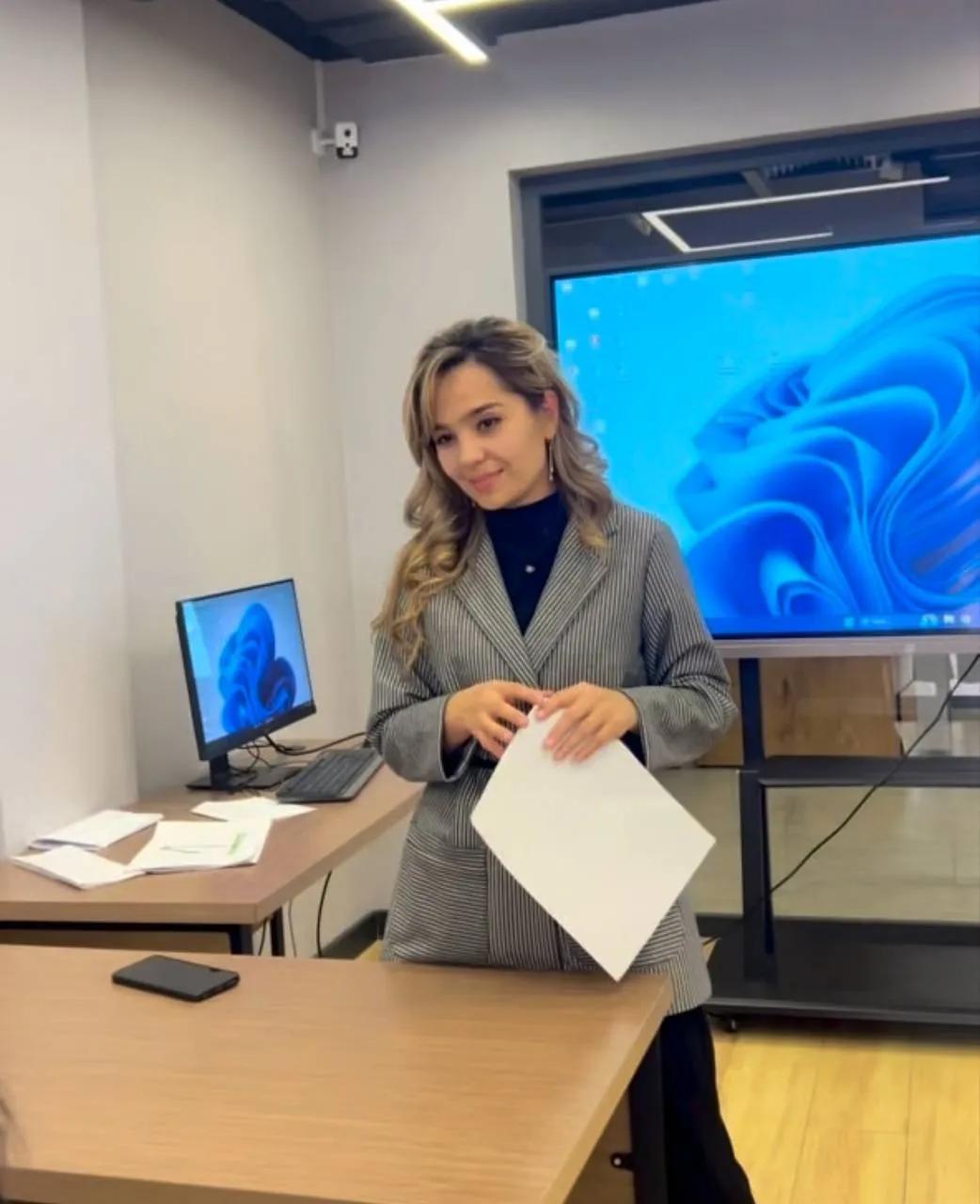
November 20 , 2025
2
Recently, a training session was held for students interested in psychology, focused on two very important life skills: managing conflict and establishing healthy personal boundaries. This workshop provided participants with practical tools for resolving tense situations constructively and for protecting their mental and emotional well‑being.
Goals and Significance of the Training
- The primary goal of the training was to teach students how to deal with conflicts in a healthy, constructive way rather than avoiding or escalating them. Conflict management helps improve communication and reduces stress in interpersonal interactions.
- Another major focus was healthy boundaries: students learned why setting boundaries is crucial for self-respect and emotional stability. Knowing your limits helps you protect yourself in relationships and communicate your needs clearly.
- By learning to establish personal boundaries, participants gained tools to reduce emotional exhaustion and avoid burnout in their relationships. Maintaining these boundaries supports long-term mental health and balanced life.
🔧 Methods and Practices Used During the Training
The training combined theory with interactive, experiential exercises:
- Role‑plays and conflict simulations
- Students acted out realistic conflict scenarios, practicing how to resolve them calmly and effectively. This method helps students test different approaches and experience the emotional and practical consequences of their choices.
- Such simulations are based on well-known conflict resolution theories, helping participants internalize constructive behaviors.
- Communication strategies
- The training emphasized active listening, expressing one’s feelings clearly, and using “I‑statements” (e.g., “I feel … when …”) to avoid blame and encourage understanding.
- Participants practiced how to respond in challenging moments without becoming defensive or aggressive.
- Boundary-setting skills
- Students learned to articulate their personal limits by saying “no” when necessary and defining what is acceptable or not in relationships — emotional, mental, and even physical.
- They also worked on maintaining boundaries over time, not just establishing them once.
- Emotional identification and regulation
- One key component was helping students recognize their emotional reactions in conflict situations. This self-awareness enables more thoughtful responses rather than impulsive ones.
- The training also included exercises to calm oneself when emotions run high, which helps maintain boundaries and avoid escalation. Some practitioners recommend a “pause” before reacting, especially in emotionally charged moments.

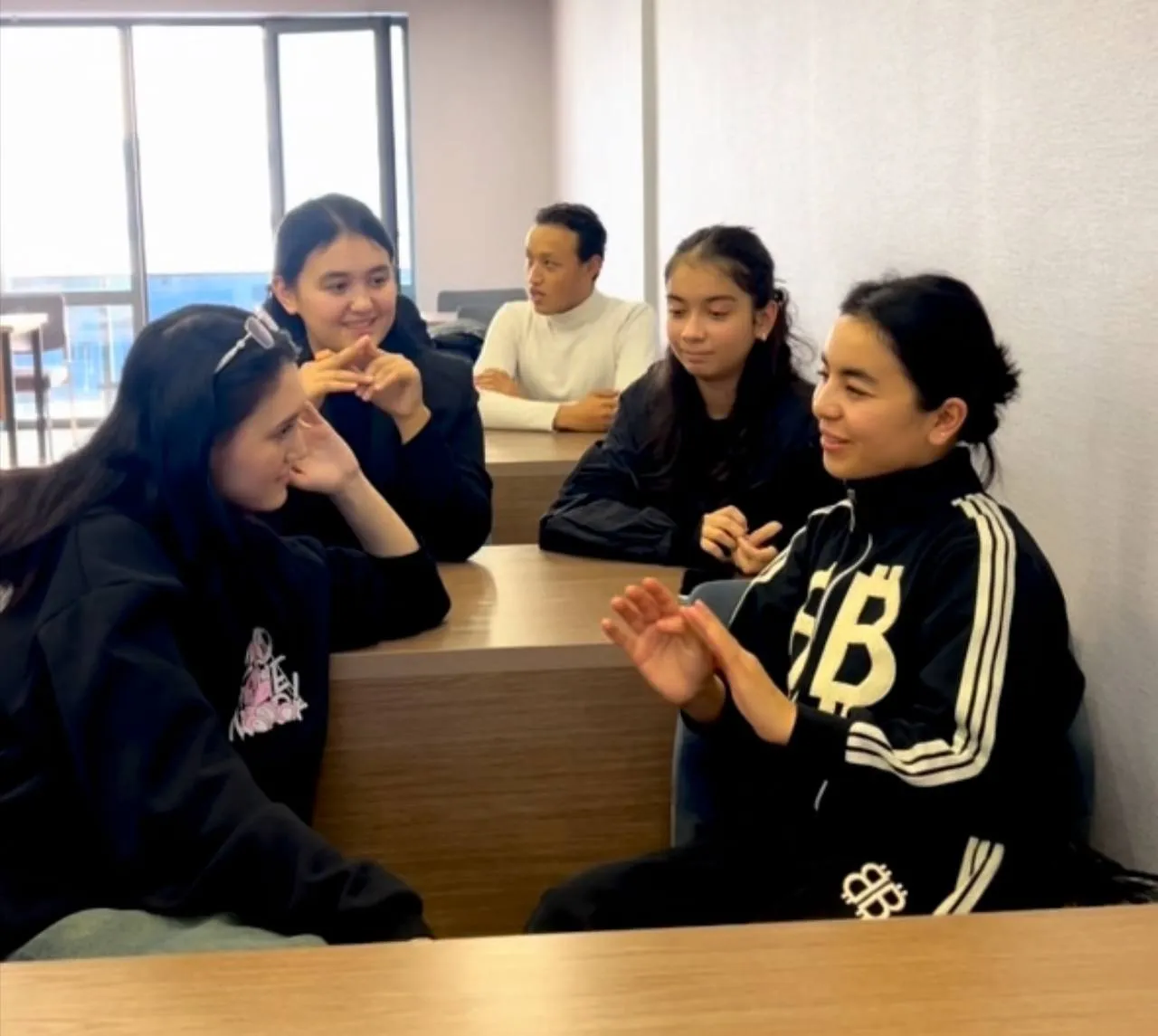
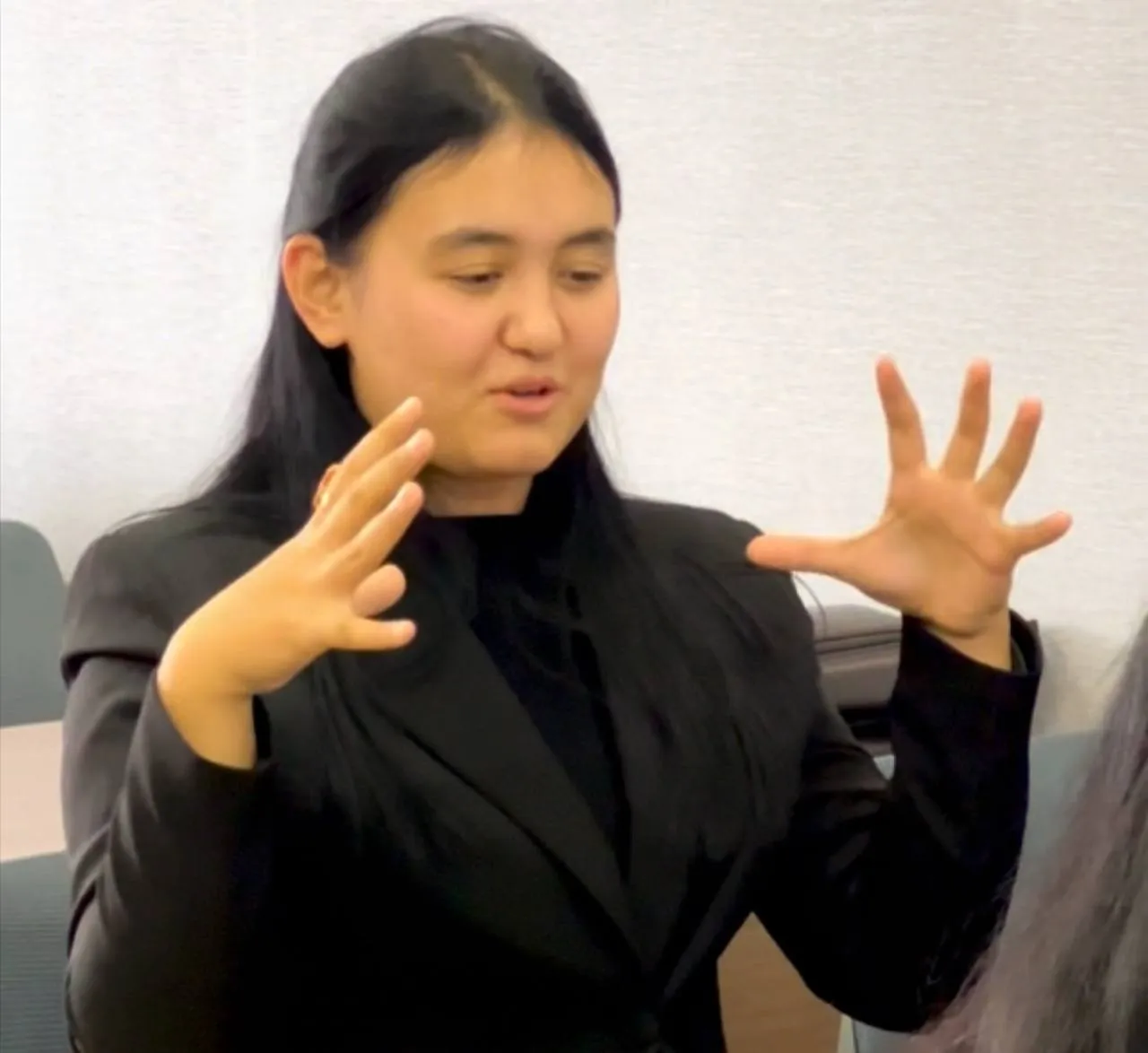
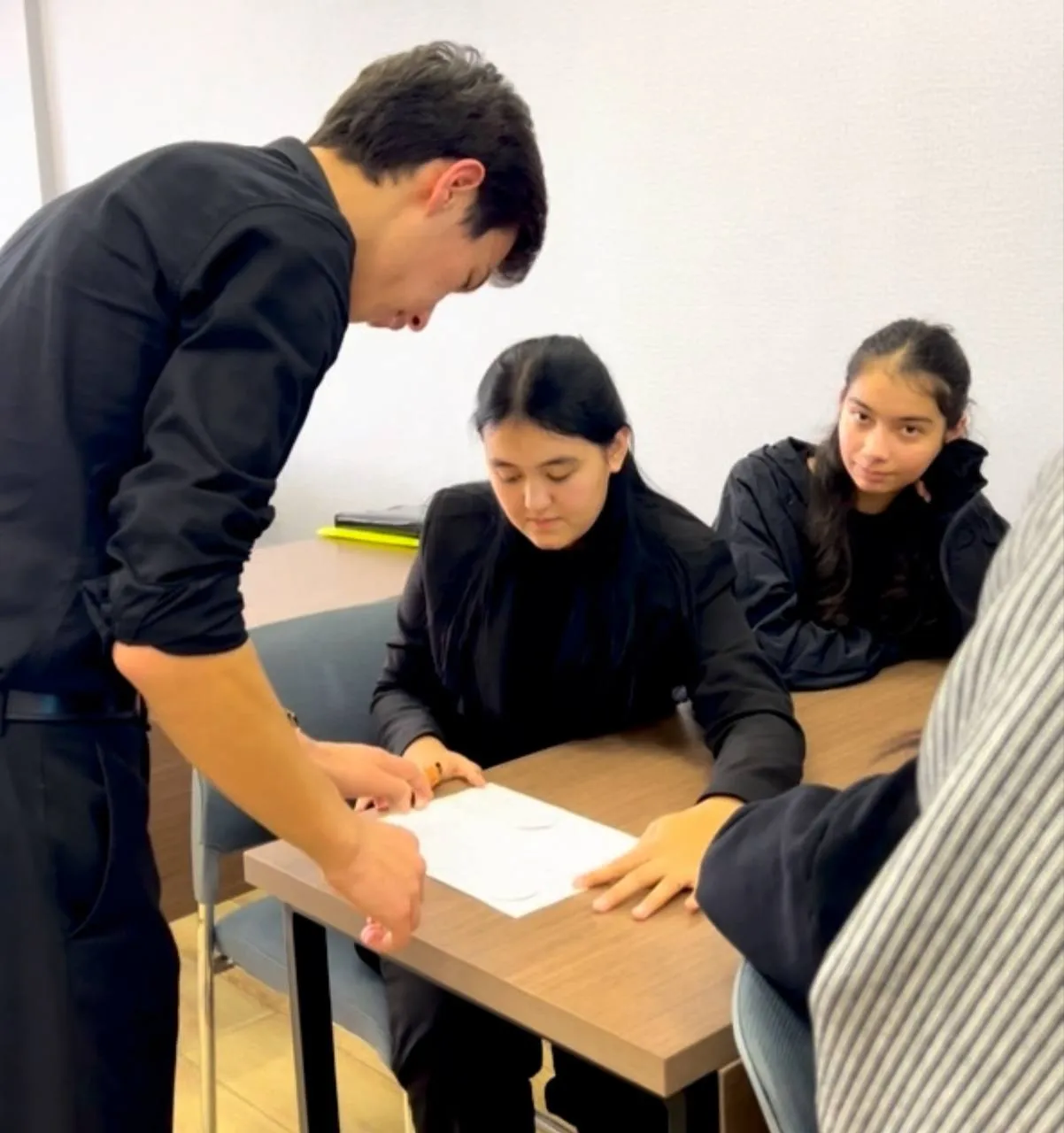

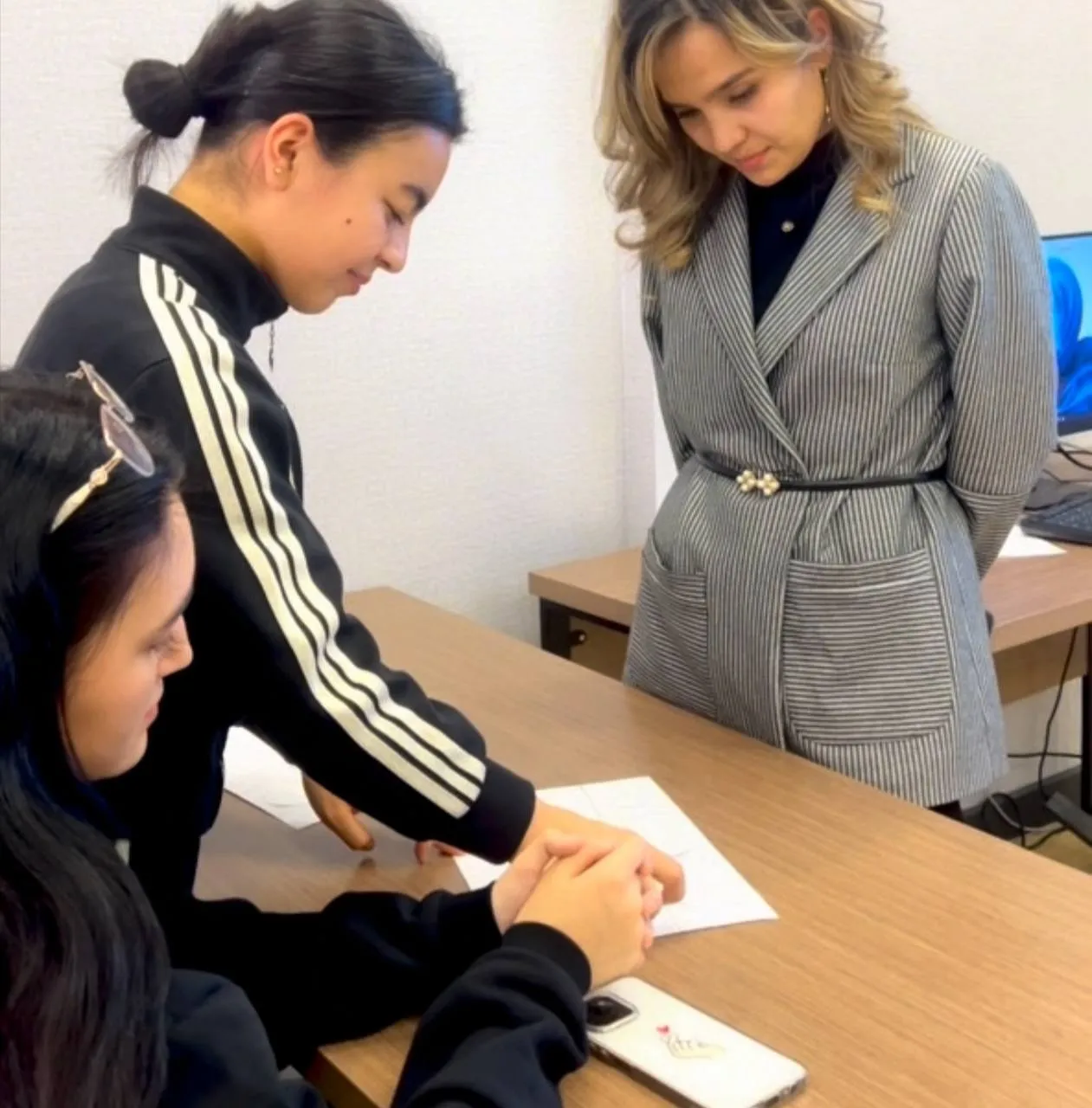
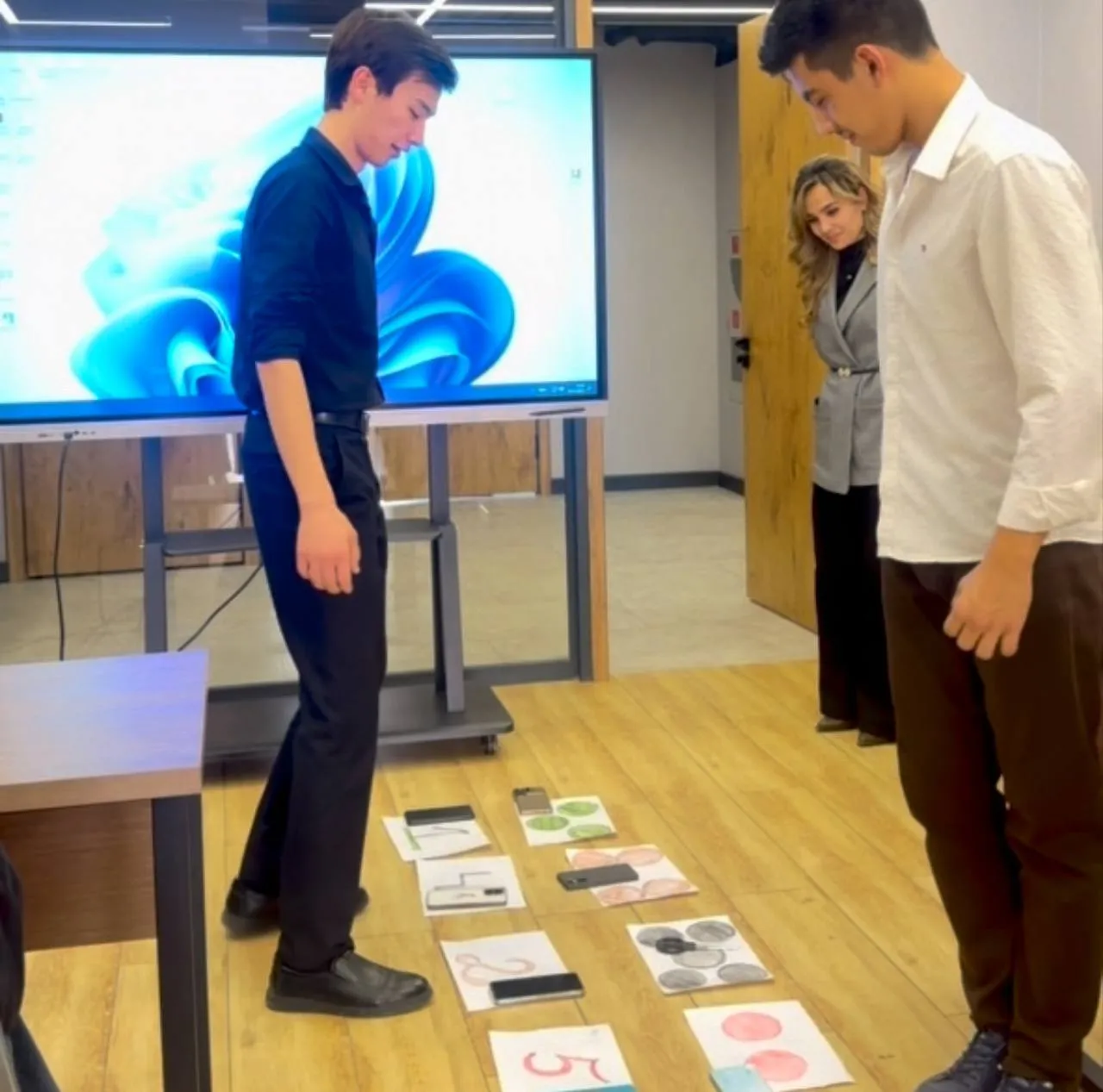
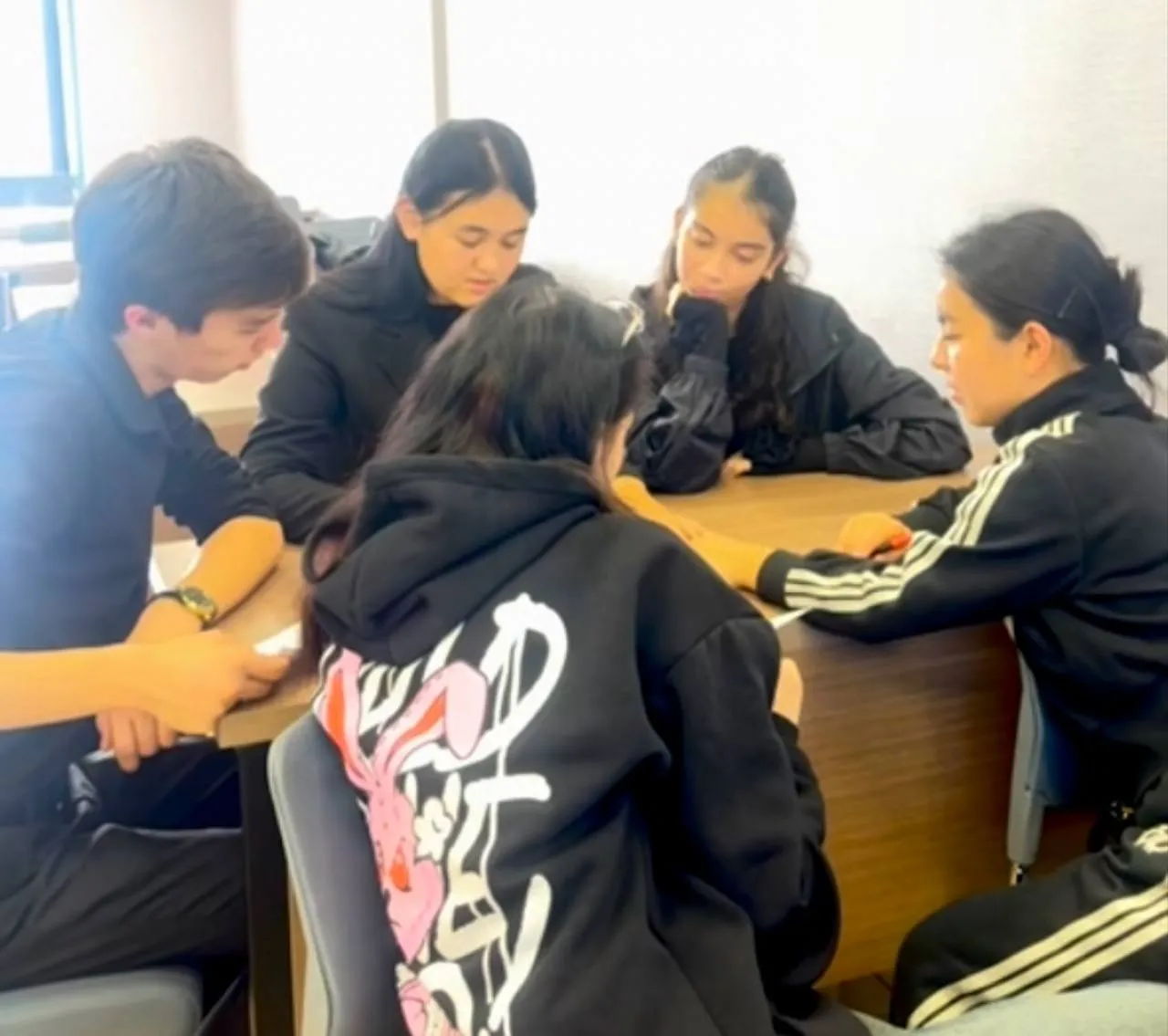
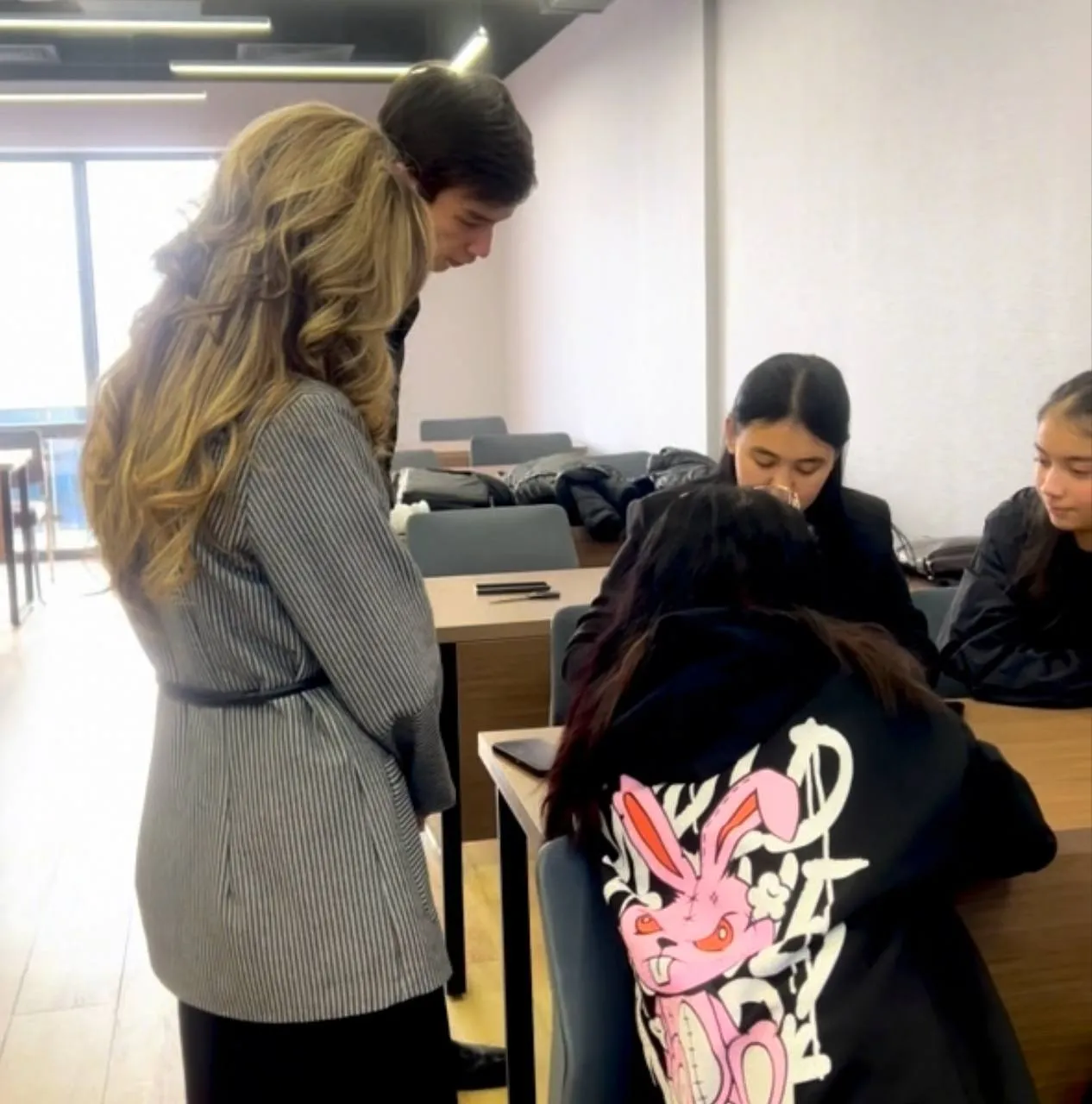
Latest
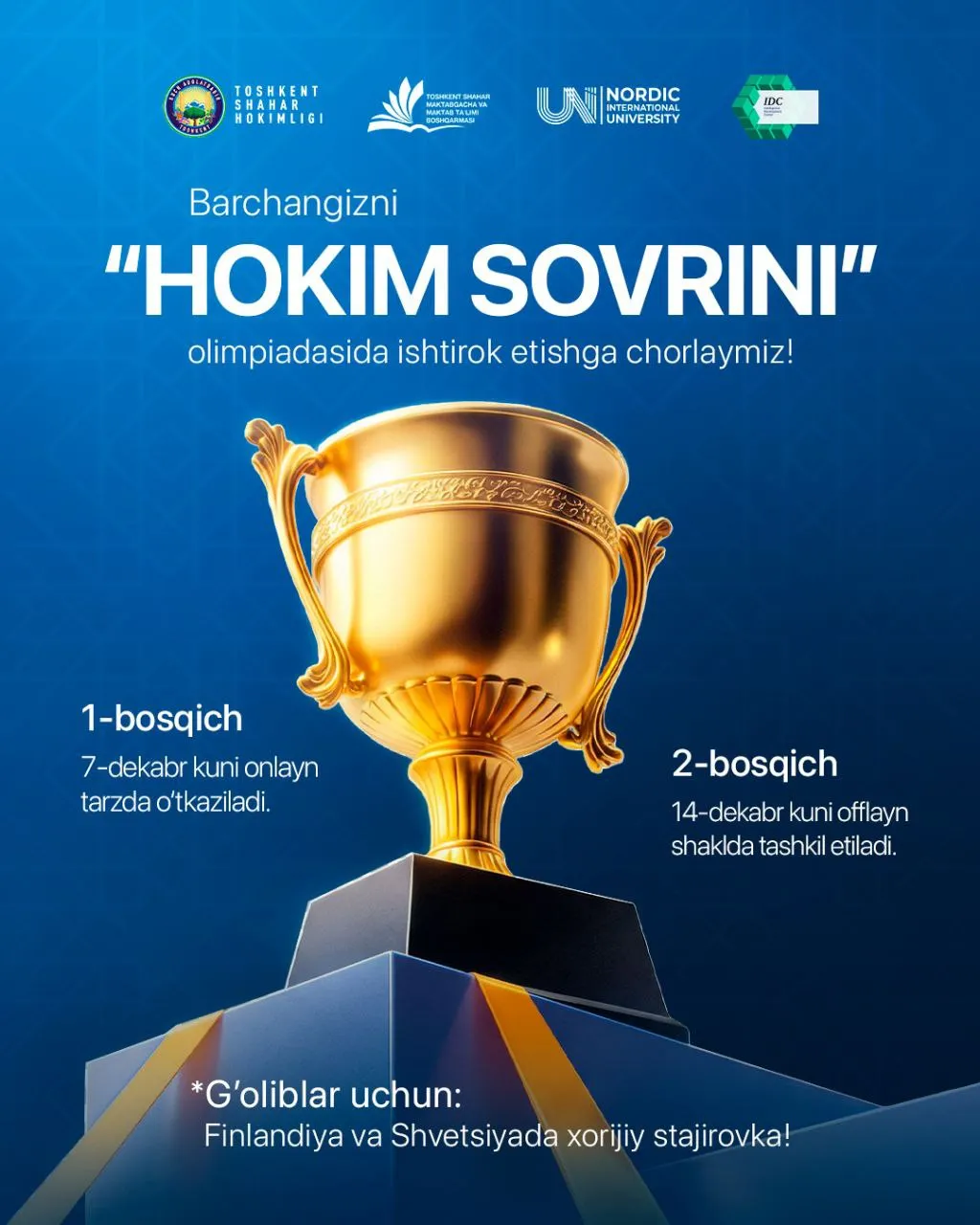
Barcha umumta'lim maktablari, akademik litsey, texnikumlarning matematika va fizika fani o'qituvchilarini Oliy ta'lim, fan va innovatsiyalar vazirligi shafeligidagi “Hokim sovrini” olimpiadasida ishtirok etishga chorlaymiz!

A major intellectual Olympiad was held in Tashkent, featuring teams from 42 higher education institutions. The student “Zakovat” team from Nordik University also took part in this prestigious competition, demonstrating strong knowledge and potential.
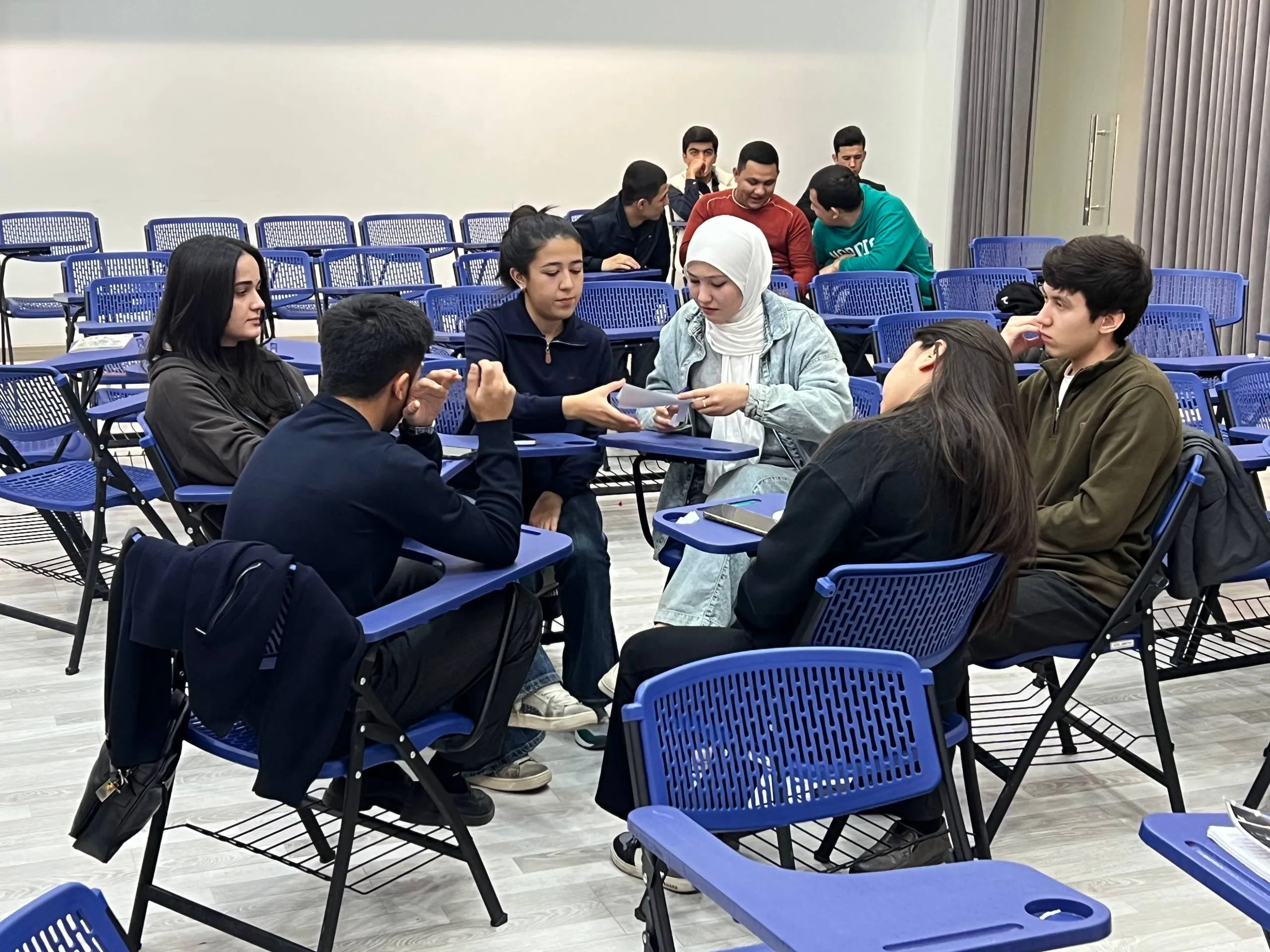
On November 22 at 12:30, in the 2nd building on the Sebzor campus, a lively and exciting music quiz was held among the students of Nordic University.

A heartfelt and productive meeting recently took place between Dean Elshod Umarov and first‑year group leaders (sardors), marking an important step toward building a more open, trusting, and student-focused campus community.


